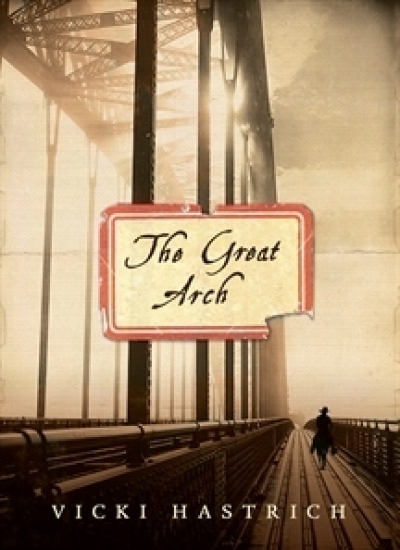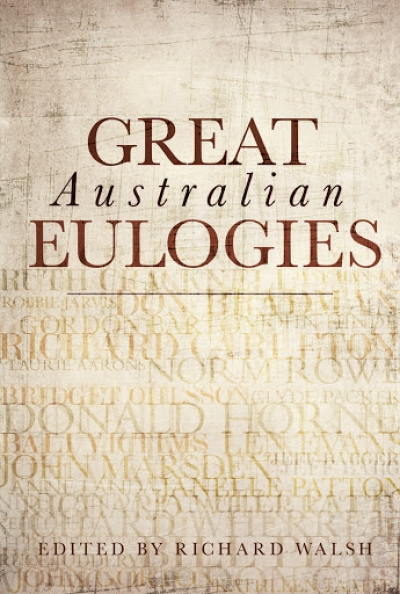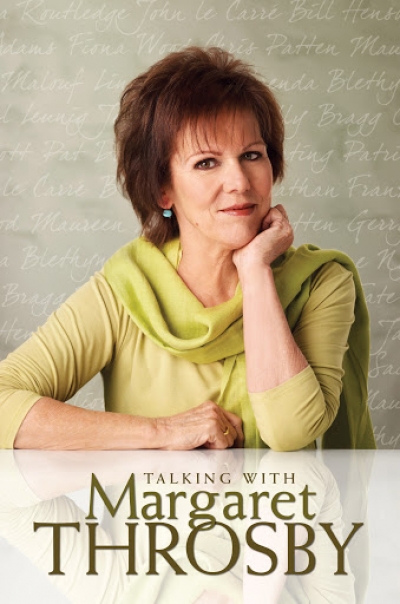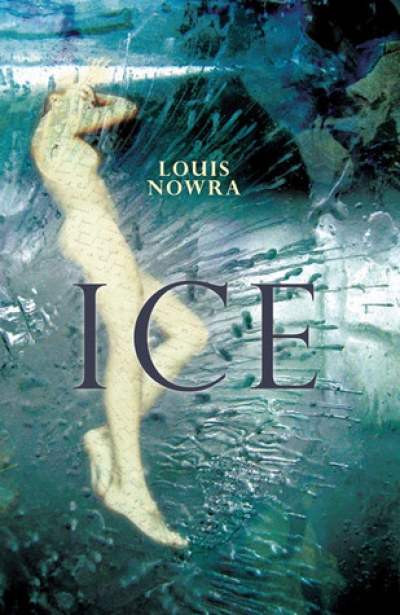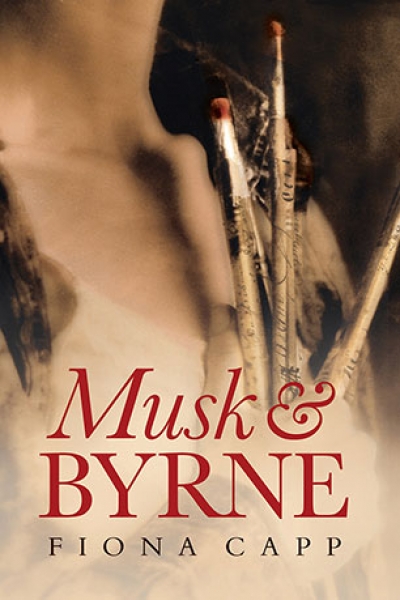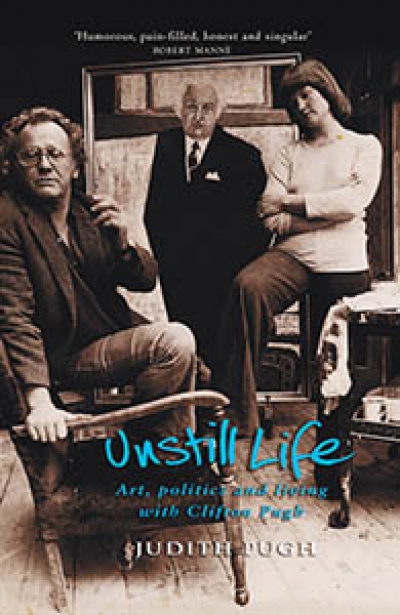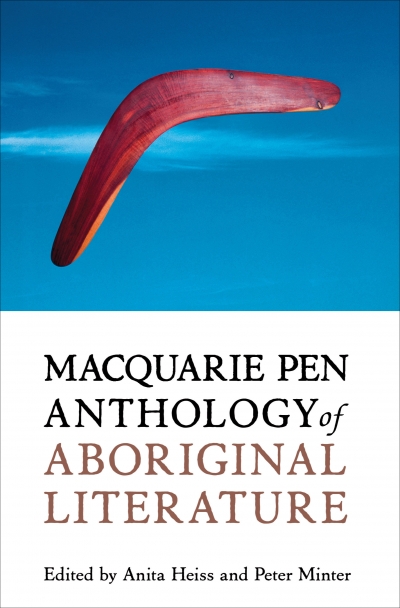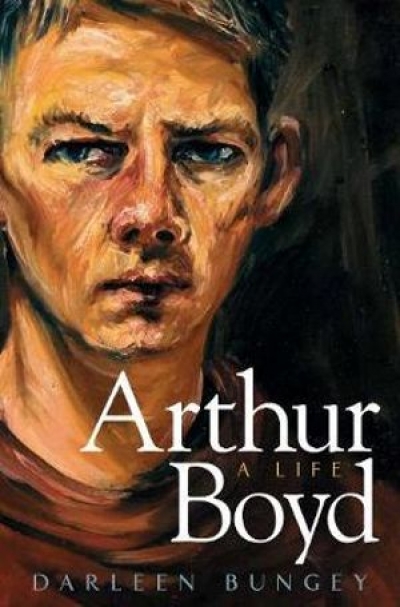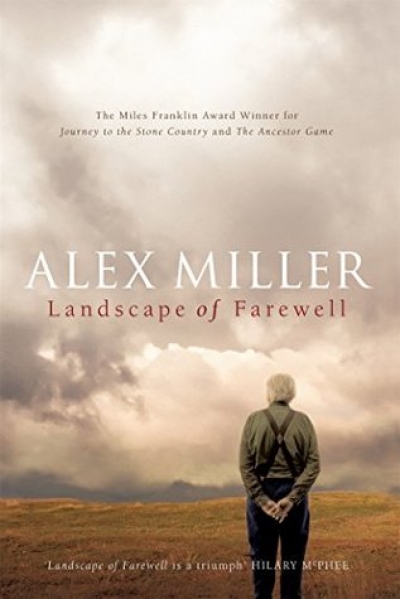David Malouf, one of the subjects interviewed by Margaret Throsby in Talking with Margaret Throsby, recounts his childhood experiences as an eavesdropper. He reveals that by listening in on conversations between his mother and her women friends he learnt about a world that was otherwise off-limits to him. For devotees of Mornings with Margaret Throsby on ABC Classic FM, the experience might sound familiar as they tune in to live conversations between the host and her distinguished guests; conversations which, although obviously public in that they are broadcast on national radio, frequently open a window onto the private world of the subject. Paul Keating, in Talking with Margaret Throsby, reveals that he would often prepare for cabinet sessions by listening to music (‘Start off slow, you know, and finish on something big’), conductor Jeffrey Tate discusses the ways in which he has coped with spina bifida, and writer and restaurateur Pauline Nguyen, who arrived in Australia as a ‘boat person’, talks about the difficulties of growing up in a household marked by fear and violence.
...
(read more)

